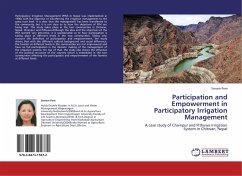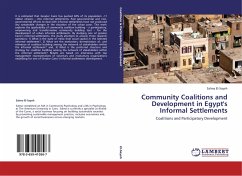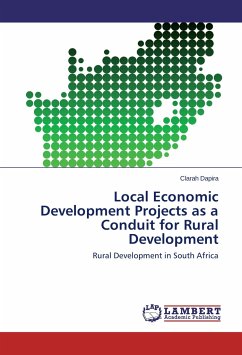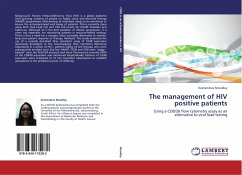Participatory Irrigation Management (PIM) in Nepal was implemented in 1990s with the objective of transferring the irrigation management to the grass root level. It is clear that the management has been transferred to the community, but it is not clear as to how the objectives of PIM are being met. The study takes place in the two communities in Chitwan, Nepal: Chainpur and Pithuwa.Although the idea and the objectives of the PIM seemed very attractive, it is questionable as to how participation is taking place at different levels in the two communities. Taking into account the definition of participation and empowerment, the study shows that with the different cultural background and social difference, the farmers at different levels in the communities are not empowered and have no full pariticipation in the decision making of the management of the irrigation systems. On top of that, the study also shows the influence of the political structure of the country which is embedded inthe two communities affecting the participation and empowerment of the farmers at different levels.
Hinweis: Dieser Artikel kann nur an eine deutsche Lieferadresse ausgeliefert werden.
Hinweis: Dieser Artikel kann nur an eine deutsche Lieferadresse ausgeliefert werden.








